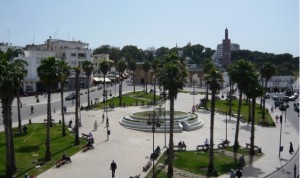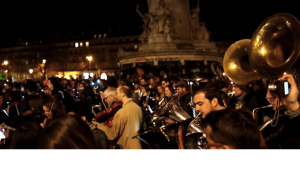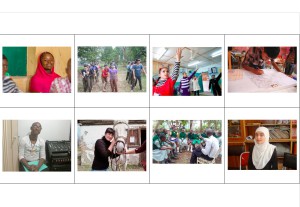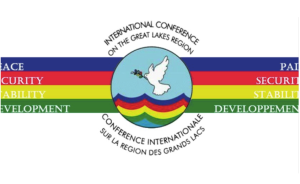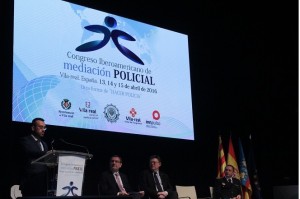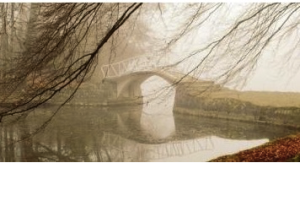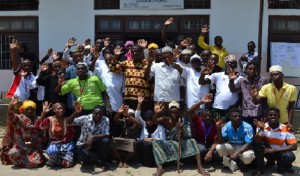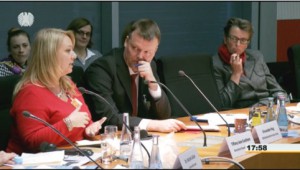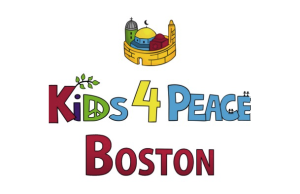… EDUCATION FOR PEACE …
An article from abidjan.net (translated by CPNN)
The Minister of Higher Education and Scientific Research, Prof. Ramata Bakayoko Ly, conducted on Thursday [19 May] in Yamoussoukro, the inauguration of clubs for peace and non-violence in the universities and grandes ecoles of Côte d’Ivoire with the aim of pacifying the academic space.
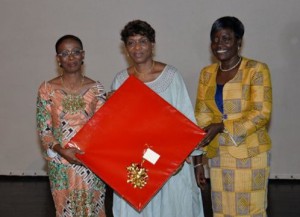
The investiture ceremony, held at the National Polytechnic Institute in Yamoussoukro, launched the capacity building activities of the peace and non-violence clubs of the Universities of Ivory Coast in the presence of the Minister of Solidarity, Social Cohesion and the Compensation for Victims, Prof Mariatou Koné and the Representative of the UN Secretary General in Côte d’Ivoire, Aichatou Mindaoudou.
University campus peace centers, What is happening on your campus?
There are now seven university clubs: Félix Houphouët-Boigny of Cocody, Nangui Abrogoua of Abidjan, Alassane Ouattara of Bouake, Péléforo Gon Coulibaly of Korhogo, Lorougnon Guede of Daloa and the public grandes ecoles ENS Abidjan and INP-HB, Yamoussoukro.
The Minister of Higher Education and Scientific Research praised the students for their massive support to the cause of peace before sending them on a mission as ambassadors of peace to address the barriers of violence, intolerance and fanaticism.
“I urge you to practice acts of non-violence on the campus. In this way you can ensure that the academic activity can take place in a peaceful climate and the Ivorian universities will reach the level of the best universities of the world and contribute to the emergence of the Ivory Coast”, advised Ms. Ramata Bakayoko Ly.
The awareness campaign on the culture of peace with students was launched jointly in 2015 by the Ministry of Higher Education and Scientific Research and the United Nations Office in Côte d’Ivoire. It provides a framework for exchange of experience and acquisition techniques that will enable members to better play their role in supporting the peace efforts of the academic space in the spirit of the Charter of nonviolence named after Alassane Salif N’Diaye professor emeritus.
